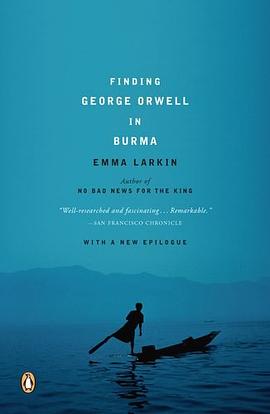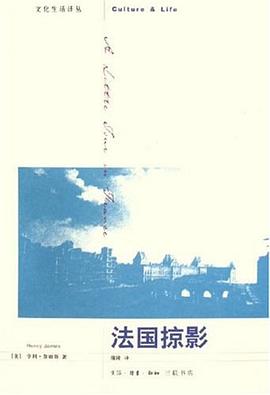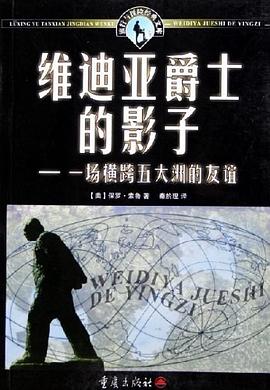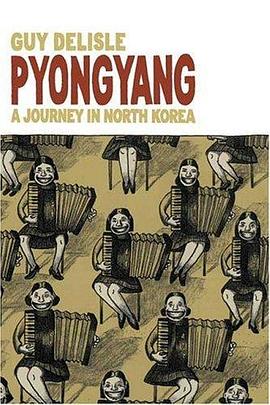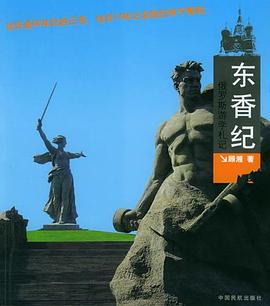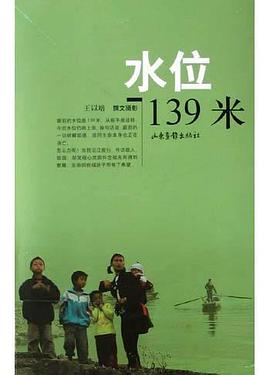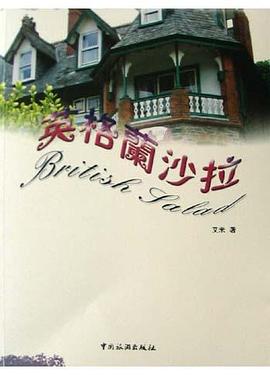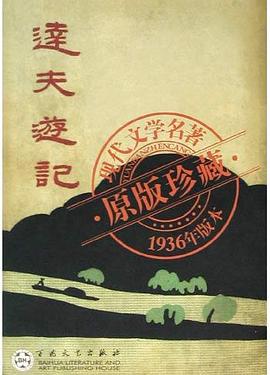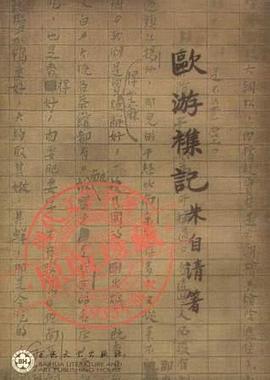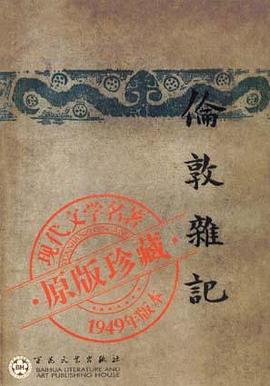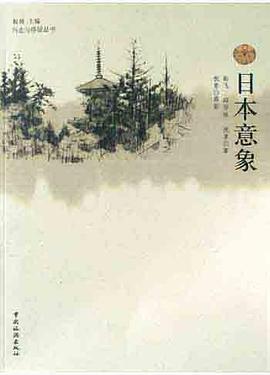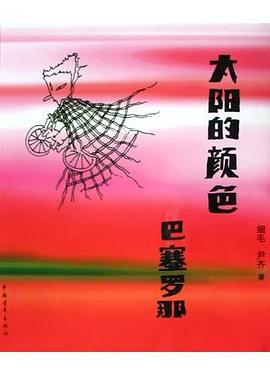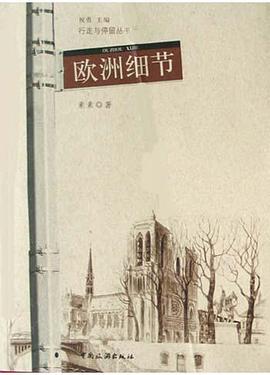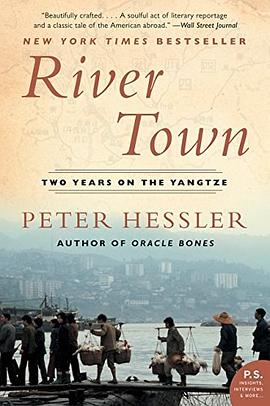

具體描述
A New York Times Notable Book
Winner of the Kiriyama Book Prize
In the heart of China's Sichuan province, amid the terraced hills of the Yangtze River valley, lies the remote town of Fuling. Like many other small cities in this ever-evolving country, Fuling is heading down a new path of change and growth, which came into remarkably sharp focus when Peter Hessler arrived as a Peace Corps volunteer, marking the first time in more than half a century that the city had an American resident. Hessler taught English and American literature at the local college, but it was his students who taught him about the complex processes of understanding that take place when one is immersed in a radically different society.
Poignant, thoughtful, funny, and enormously compelling, River Town is an unforgettable portrait of a city that is seeking to understand both what it was and what it someday will be.
Third-place winner of Barnes & Noble's 2001 Discover Great New Writers Award for Nonfiction
著者簡介
Peter Hessler is a staff writer at The New Yorker, where he served as the Beijing correspondent from 2000 to 2007, and is also a contributing writer for National Geographic. He is the author of River Town, which won the Kiriyama Prize; Oracle Bones, which was a finalist for the National Book Award; and, most recently, Country Driving. He won the 2008 National Magazine Award for excellence in reporting, and he was named a MacArthur Fellow in 2011. He lives in Cairo.
Biography
Peter Hessler, one of four children, was born in 1969, in Pittsburgh, but moved shortly thereafter to Columbia, Missouri. His father is a recently retired professor of sociology at the University of Missouri, and his mother teaches history at Columbia College.
Hessler attended Princeton University, where he majored in English and Creative Writing. The summer before graduation, he worked as a researcher for the Kellogg Foundation in southeastern Missouri, where he wrote a long ethnography about a small town called Sikeston. This became his first significant publication, appearing in the Journal for Applied Anthropology.
In 1992, Hessler entered Oxford University, where he studied English Language and Literature at Mansfield College. After graduating in 1994, he traveled for six month in Europe and Asia. One of the highlights of that trip was taking the trans-Siberian train from Moscow to Beijing. That journey resulted in his first published travel story, an essay that appeared in The New York Times in 1995. And that journey was his first introduction to China.
He spent the following year freelancing and attempting to write a book about his travels. Although the book didn't work out, he was able to publish travel stories in a range of newspapers, including The New York Times, The Philadelphia Inquirer, The Washington Post, and The Newark Star-Ledger, among others. In 1995, he received the Stratton Fellowship, a grant from the Friends of Switzerland and spent two months hiking 650 miles across the Alps. Afterwards he continued to freelance, writing travel stories for American newspapers while teaching freshman composition at the University of Missouri. He also organized volunteer projects for students on campus.
In 1996 he joined the Peace Corps and was sent to China. For two years, he taught English at a small college in Fuling, a city on the Yangtze River. While living in Fuling, he studied Mandarin Chinese and became proficient in the language.
After completing his Peace Corps service in 1998, he traveled to Tibet, where he researched a long article, "Tibet Through Chinese Eyes," which appeared in the Atlantic Monthly in February of 1999. Following that trip, he returned to Missouri and wrote River Town: Two Years on the Yangtze. While working on the book, he continued to write travel stories for The New York Times and other newspapers. In March of 1999, Hessler decided to return to China independently and try to establish himself as a freelance writer.
Over the following years, he traveled widely in China and freelanced for a variety of publications. For a brief spell, he was accredited as the Boston Globe stringer in Beijing. In 2000, The New Yorker began publishing some of his stories; the following year, he became the first New Yorker correspondent to be accredited as a full-time resident correspondent in the People's Republic.
In 2000, Hessler also started researching stories for National Geographic Magazine. The first assignment was a story about Xi'an archaeology, which sparked his interest in researching antiquities. Subsequently he accepted an assignment for a story about China's bronze-age cultures, which led to his interest of the oracle bones of the Anyang excavations.
River Town was published in 2001. It won the Kiriyama Prize for outstanding nonfiction book about the Pacific Rim and South Asia. It was also a finalist for the Barnes & Noble Discover award, and in the United Kingdom it was shortlisted for the Thomas Cook Travel Book Award. The book has been translated into Korean, Thai, and Hungarian. The Hungarian translation won the Elle Literary Prize for nonfiction in 2004.
Peter Hessler's magazine stories have been selected for the Best American Travel Writing anthologies of 2001, 2004 and 2005, and also for the Best American Sports Writing anthology of 2004. "Chasing the Wall," a National Geographic story published in 2003, was nominated for a National Magazine Award.
Hessler first conceived of Oracle Bones at the end of 2001 and spent the next four years researching and writing the book.
He currently lives in Beijing.
Author biography courtesy of HarperCollins.
Good To Know
"The only steady job I ever held in journalism was delivering the Columbia Missourian," Hessler revealed in our interview. "I knew I wanted to be a writer since I was sixteen years old. Mary Racine, who taught sophomore English at Hickman High School, first encouraged me to take writing seriously. Mary Ann Gates taught juniors and Khaki Westerfield taught seniors; they were all remarkable teachers It makes a big difference to be encouraged at such an early stage."
圖書目錄
ONE:
Downstream 3
The City 27
TWO:
Shakespeare with Chinese Characteristics 33
Raise the Flag Mountain 53
THREE:
Running 59
The White Crane Ridge 94
FOUR:
The Dam 99
The Wu River 125
FIVE:
Opium Wars 131
White Flat Mountain 154
SIX:
Storm 163
PART II
SEVEN:
Summer 185
The Priest 220
EIGHT:
Chinese Life 227
The Restaurant Owner 249
NINE:
Money 255
The Teacher 287
TEN:
Chinese New Year 293
The Land 322
ELEVEN:
Spring Again 327
The River 356
TWELVE:
Upstream 363
· · · · · · (收起)
讀後感
那一年我大三,在成都的一所高校上学。一次短暂的假期,坐大巴车到了重庆,在城市漫无目的的晃荡了一天之后,在朝天门广场买了一张到武汉的船票。船在黄昏时分起航,码头上是拥挤的人群。我所在的二等舱有四个铺位。其他三个铺位的主人是从贵州来三峡旅游的女人。那是我第...
評分那一年我大三,在成都的一所高校上学。一次短暂的假期,坐大巴车到了重庆,在城市漫无目的的晃荡了一天之后,在朝天门广场买了一张到武汉的船票。船在黄昏时分起航,码头上是拥挤的人群。我所在的二等舱有四个铺位。其他三个铺位的主人是从贵州来三峡旅游的女人。那是我第...
評分《江城》中,何伟写到的最后一场冲突发生在他离开涪陵之前。他和同事亚当想拍一些片子,作为他们曾经在这个小城生活过见证。他们想拍下一切关于涪陵的记忆,他们走过的街道,生活过的校园,交往的学生,结交的朋友,还有那些依然生活在这里的普通人。何伟原本以为,普通人很难...
評分【汗,翻页电梯】http://book.douban.com/review/5331789/?start=100 1996年至1998年间,那个叫彼得•海斯勒的“蓝眼睛”美国人,来到了中国重庆附近、长江边上的小城涪陵,在那儿的涪陵师专,做了一名外教,他还给自己取了中文名字叫何伟,不久,他写了一本书叫《江城》来...
評分读《江城》的时候,想起两组摄影,骆丹的318国道系列和严明的大国志。在初初看这两组摄影时,会有轻微不适,好像自身是局外人,他们镜头里的中国不再是我熟知的那个国度,更像是异次元空间,荒诞,充斥着各种象征和反讽,如果硬要用一个标准性的词来定性,应该是魔幻现实主义。...
用戶評價
不知道是不是所有像我一樣把這本當三部麯最後一本來看的都會被那種hopelessness and strength襲擊得無法招架...已哭成豬頭;何偉謙卑,溫柔,敏銳,好奇,熱情,幽默,有優秀的文筆以及嚴謹的曆史文化研究功力,很會賣萌,偶爾熱血。讀《江城》到最後真的會哭到老淚縱橫,時間的逝去,曆史的頑固,文學的美,自由的不可得,個人的無力,人與人之間的信任與牽絆。之後的《甲骨文》和《尋路中國》都好,然而都不復處女作的情感濃度。幸甚,他在還是正太的時候與涪陵互相馴養,我們從此有這樣一個朋友,記著我們的命運和希望。
评分參照中文版看下來 是我讀完的第一本英文書 彼得海斯勒文筆很平實 沒有太復雜生僻的詞匯 所以讀起來很舒服 對照大陸版 刪節非常少 成段刪除的隻有個彆幾次 大多數情況隻是刪除個彆幾句話 或是刪除改寫個彆幾個詞。基本上還是保持瞭作者的願意。 但是最後二十頁的後記完全不一樣 中文版主要少瞭作者開列的書單 以及少瞭從《甲骨文》中挪來的一篇文章。
评分重讀《江城》,再次摺服於何偉對中國精準的觀察。隻是,有些情緒在英文的書寫下似乎更加悲傷瞭。
评分如果不是因為他吐槽文學批評我就給他五星瞭……
评分不一樣的視角
相關圖書
本站所有內容均為互聯網搜索引擎提供的公開搜索信息,本站不存儲任何數據與內容,任何內容與數據均與本站無關,如有需要請聯繫相關搜索引擎包括但不限於百度,google,bing,sogou 等
© 2025 book.quotespace.org All Rights Reserved. 小美書屋 版权所有

